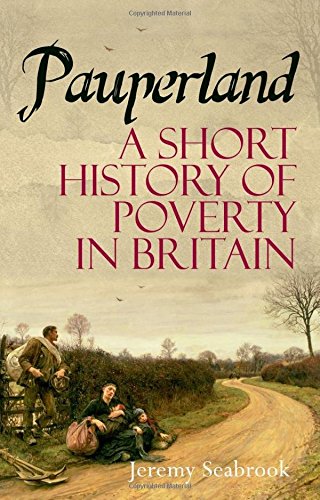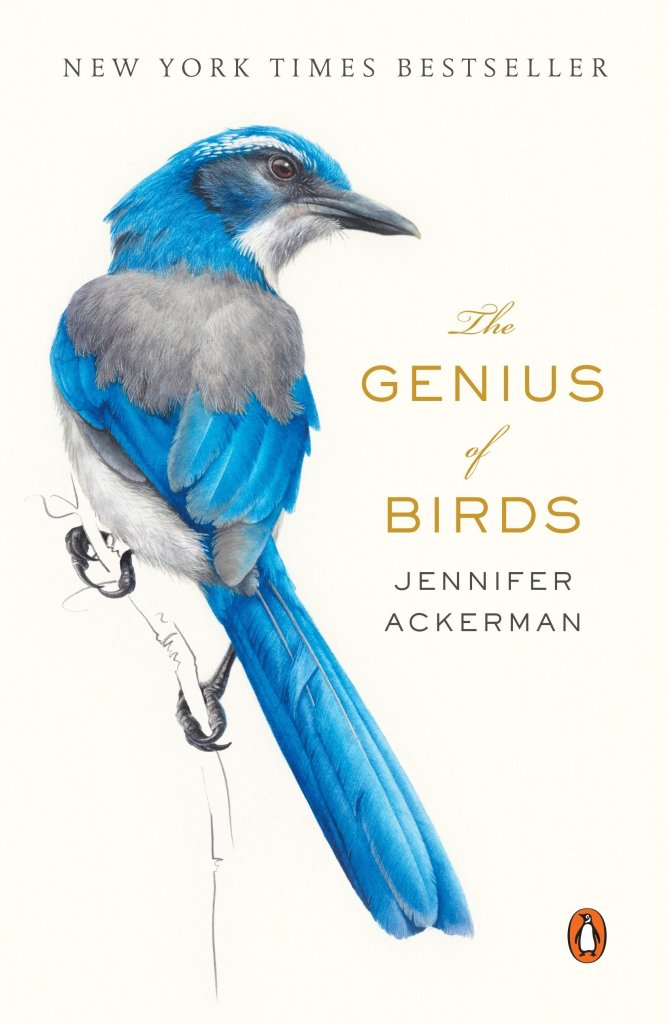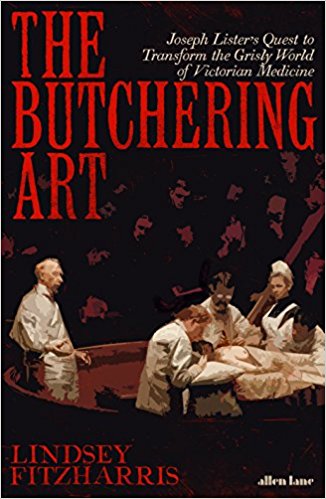




November is the “Non-Fiction Reading” month, and I have compiled this list of non-fiction titles I am looking forward to reading in a near future.
Going to Church in Medieval England [2021] by Nicholas Orme
I am interested in the history of religion and knowing how prominent the Church was in the lives of people in the Middle Ages, this book will undoubtedly be a very insightful read. It aims to show how churches in England “came into existence, who staffed them, and how their buildings were used, [explaining] who went to church, who did not attend, [and] how people behaved there.” The book explains how the calendar and Church activities existed in unison, and demystifies the English Reformation of the sixteenth century.
The Facemaker: One Surgeon’s Battle to Mend the Disfigured Soldiers of World War I [2022] by Lindsey Fitzharris
Fitzharris’s debut book The Butchering Art [2017] was an unputdownable history non-fiction that told of British surgeon Joseph Lister and the transformation of Victorian medicine. In this new non-fiction, the author presents the story of one visionary surgeon who rebuilt the faces of the First World War’s injured soldiers, making first contributions to the field plastic surgery. The focus of this account is otolaryngologist Harold Gillies from New Zealand, who is considered to be the father of modern plastic surgery.
Continue reading “10 Non-Fiction Books I’ve Recently Added to My TBR”





 I. The Butchering
I. The Butchering If the Universe is Teeming with Aliens…Where is Everybody?: Seventy-Five Solutions to the Fermi Paradox and the Problem of Extraterrestrial Life [2015] –
If the Universe is Teeming with Aliens…Where is Everybody?: Seventy-Five Solutions to the Fermi Paradox and the Problem of Extraterrestrial Life [2015] –  I. Asylums [1961] by Erving Goffman
I. Asylums [1961] by Erving Goffman  II. History of Melancholy [2009/2011] by Karin Johannisson
II. History of Melancholy [2009/2011] by Karin Johannisson